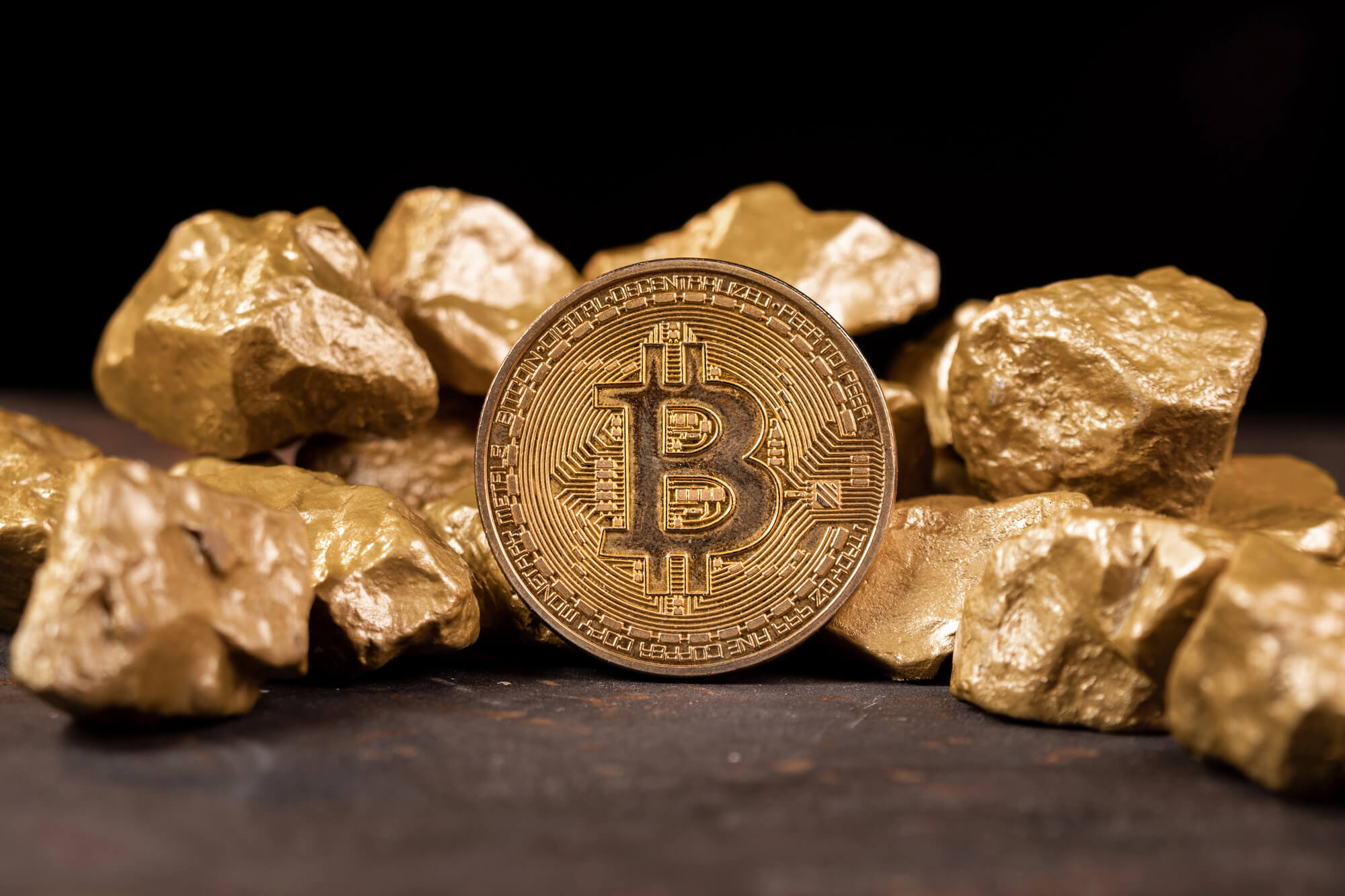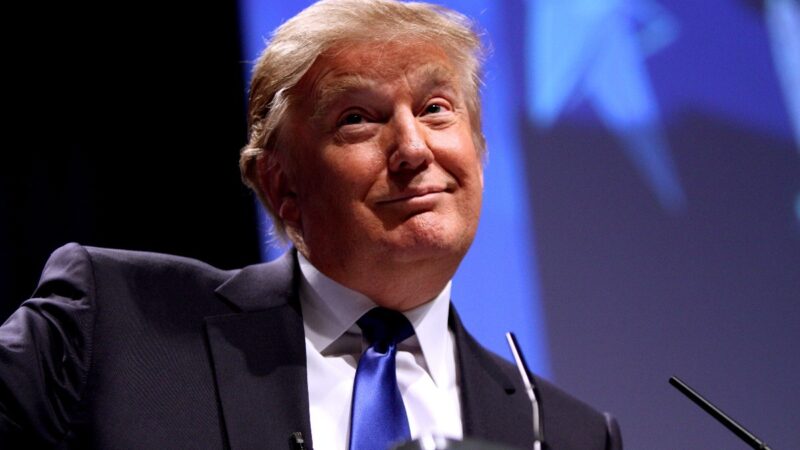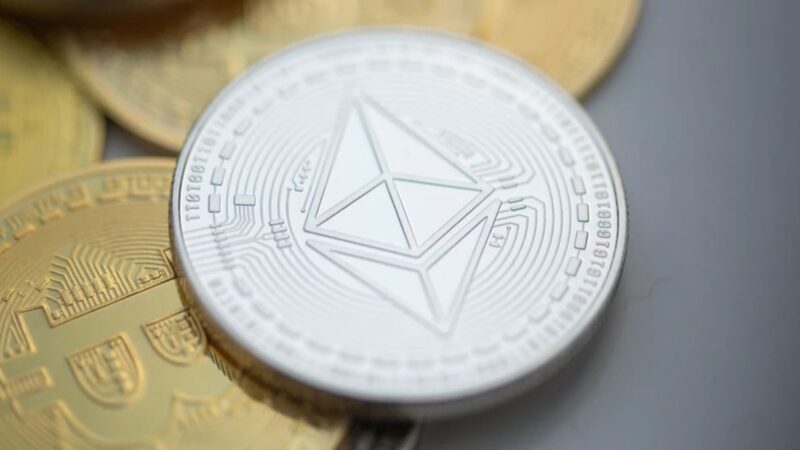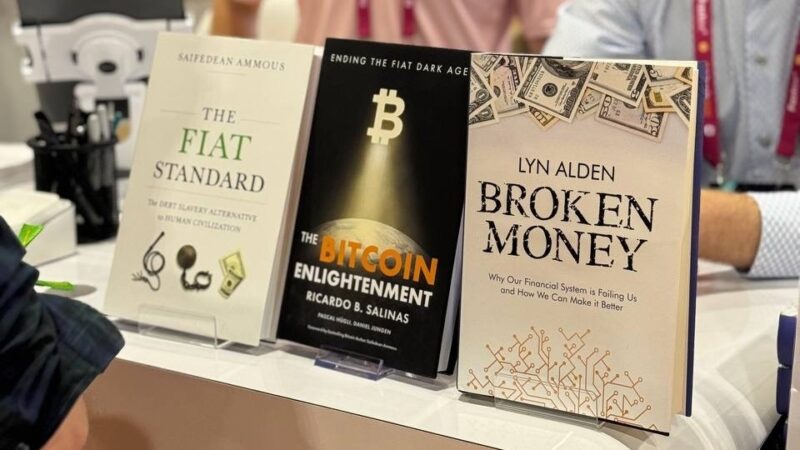Bitcoin vs. Gold: The ultimate struggle of the value stimulants

For centuries, gold has been considered the leading value reservation of the world – a symbol of durability in times of uncertainty. But Bitcoin, often referred to as “digital gold”, now questions this status directly.
As of May 2025, both assets are at historical highs: Bitcoin commutes between $ 100,000 and 110,000, while the gold price has risen to over $ 3,300 per ounce. In view of growing fear of inflation, increasing geopolitical tensions and strong institutional interest, their comparative relevance was never greater. But which asset has the better cards for the coming decade? Let's take a look at your respective strengths and weaknesses.
Evaluation and volatility
Bitcoin's most recent increase was spectacular: the course reached a maximum of $ 111,875 before setting up at around 105,000 USD at the end of May 2025. With around 19.87 million coins in circulation, the market capitalization amounts to just under 2.1 trillion – a value that has now even exceeded Google and makes Bitcoin the sixth largest complex worldwide. Gold also acts on historical highs (approx. 3,300 USD/ounces), with an estimated overall market rating of USD 22 trillion, based on around 208,874 tons of above -ground stock. Despite the impressive increase, Bitcoin's overall market value remains only a fraction of gold.
As far as price fluctuations are concerned, both systems differ fundamentally. According to data from Spiteful The annualized volatility of Bitcoin in the first quarter of 2025 was around 52.2% – a clear indication of its high unpredictability. Gold, on the other hand, remains much more stable, with a volatility of around 15.5%. Bitcoin is designed for fast, double -digit fluctuations, while gold is rather characterized by gradual, steady movements – in the sense of a stable value storage.
Institutional adoption and macroeconomic environment
Bitcoin and gold are increasingly attracting great financial actors – but through different ways. In 2024, Bitcoin gained a new measure of legitimacy through the Admission of eleven spot bitcoin ETFs by the US stock exchange supervision Sec. This opened the doors for institutional and private investors. Since then, billions have flowed into these funds, led by industry sizes such as Blackrock, Fidelity and ARK Invest. Company balance sheets are also increasingly getting in: Microstrategy lasts over 580,000 BTC, and Japanese companies like Metaplanet are constantly expanding their crypto reserves.
Gold, on the other hand, remains the first choice of central banks. In 2023 alone, these institutions bought over 1,000 tons, and almost 29% plan to further expand their gold stocks in 2025. But Bitcoin also begins to gain a foothold here: At the beginning of 2025, the Czech National Bank signaled that it signaled an allocation of 5% of its EUR 140 billion in reserves in Bitcoin – possibly as the first western central bank.
The broader macroeconomic environment strengthens both asset classes as preferred safe ports in uncertain times. With a persistent Inflation in the USA (CPI at 2.3% in April 2025, above the Fed goal of 2%) and increased Guideline (4.25–4.50%) the gold price increased by 40%per year, while Bitcoin developed even more – supported by his narrative as a protection against currency devaluation. Geopolitical instabilities additionally reinforce this trend. Gold flourishes in times of crisis, supported by centuries of trust. But Bitcoin is also increasingly gaining the reputation of a “digital crisis protection”, which means that capital from gold ETFs is switched into Bitcoin products.
Performance, regulation and accessibility
A review of the years 2015 to 2025 shows a significant divergence in performance. Bitcoin rose from 314 to over 111,000 $-an impressive 340-compartment increase, accompanied by several boom-and-bust cycles. Gold, on the other hand, developed from around 1,060 to ounces of us 3 ’300 per ounce – a respectable triple increase, driven by inflation pressure and geopolitical fears. Both values received their purchasing power, but Bitcoin's upward potential was significantly larger.
Gold operates in an established framework. It is subject to clear raw material laws with uniform practices worldwide for storage, trade and taxation. Bitcoin, on the other hand, is still in building its regulatory foundation. Since ETF approvals in the United States, discussions about more comprehensive cryptor regulation are intensified. In the United States, legislators are examining national crypto reserve policies and clearer tax guidelines. The EU also works with Mica (Markets in Crypto-Assets) on stronger transparency and compliance in the entire block. But uncertainties remain, and regulatory changes can have significant market effects.
What should I buy, Bitcoin or gold?
Bitcoin revolutionizes accessibility: trade around the clock, worldwide, with minimal entry barriers. Gold is also liquid, but more tied to traditional processes – physical gold requires storage and insurance, ETFs only act during stock exchange times. Both are liquid, but Bitcoin addresses a new generation that appreciates speed, flexibility and autonomy. The backbone of conservative portfolios, supported by trust and infrastructure, remains gold.
Ultimately, gold remains the eternal symbol of prosperity: resistant, reliable, historically anchored. Bitcoin, on the other hand, is the aspiring challenger: volatile, transformative, and increasingly recognized in the institutional environment. The clever approach for the coming decade could be not to choose one or the other – but to use the respective advantages. Gold offers proven stability while Bitcoin opens explosive opportunities. In combination, both could form a new, diversified hedging model – rooted in tradition and driven by innovation. In view of the change in the global financial system, the crucial question is not which asset is superior, but how much of everyone you should have if the next major market event occurs.





